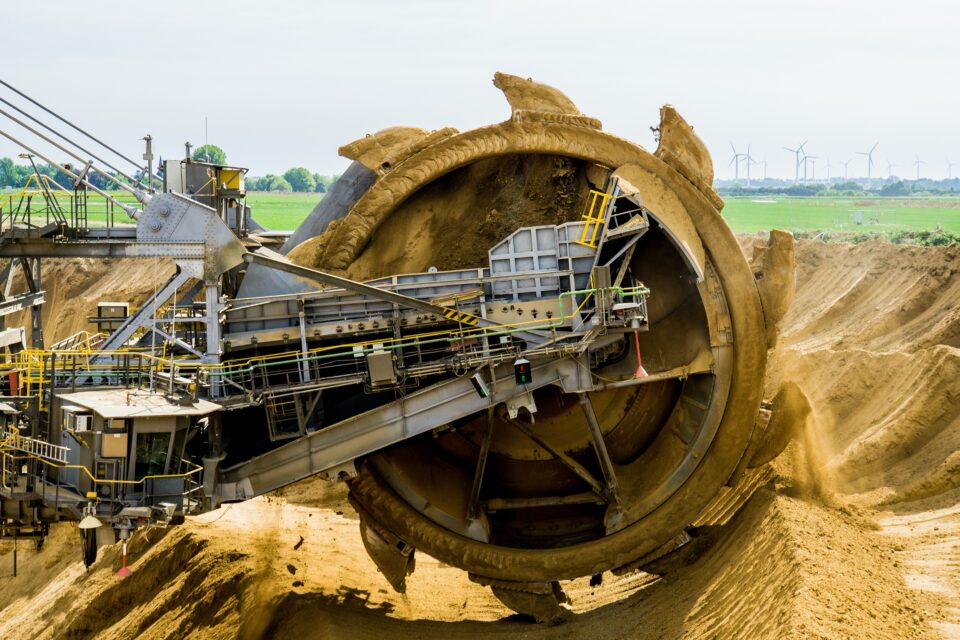KUALA LUMPUR, Nov 22 — The standard operating procedure (SOP) for non-radioactive rare earth element (NRREE) mining that is developed to regulate mineral mining activities is able to address the impact on the environment and ecosystem, the Dewan Rakyat was told today.
Natural Resources, Environment and Climate Change Minister Nik Nazmi Nik Ahmad said the SOP was also developed to ensure that the NRREE mineral mining activities are carried out in a responsible and sustainable manner.
He said the SOP had been agreed to be adopted during the Mineral Industry Development Coordination Committee (JKPPIM) meeting on Oct 2.
Nik Nazmi said the JKPPIM meeting chaired by him was also attended by menteris besar, chief ministers and state executive council members who are in charge of mineral management in their respective states.
“The SOP provides orderly procedures for activities in the pre-mining phase, throughout the mining activities, and in the post-mining period…this SOP has been developed based on the NRREE mining SOP at the pilot mining project in Mukim Kenering, Hulu Perak (in Perak).
“Based on the audit conducted, it can be concluded that this SOP, together with strict enforcement, is capable of effectively regulating NRREE mining and addressing its social impact,” he said in reply to a question from Tan Kar Hing (PH-Gopeng) about the ministry’s plan to ensure the NRREE mining industry will not have any impact on environmental sustainability and the population.
According to Nik Nazmi, the SOPs include the determination of NRREE mining from ion adsorption clay to produce rare-earth carbonate that does not involve the production of radioactive materials and the use of in-situ leaching (ISL) mining methods that do not involve the opening of large areas that are typically associated with open-cast mining
Others are setting regular and periodic monitoring methods, including the construction of monitoring wells to detect any pollution from underground water sources, and mandating the preparation of an Environmental Impact Assessment (EIA) prior to granting approval to carry out mining activities.
Nik Nazmi said the ministry will also examine the requirements from existing legal aspects such as the Environmental Quality Act 1974, the National Forestry Act 1984, the Mineral Development Act 1994 and the Wildlife Conservation Act 2010.
“The ministry will also examine the implementation procedures for self-regulatory auditing towards a responsible and sustainable mining industry,” he said.
— Bernama





